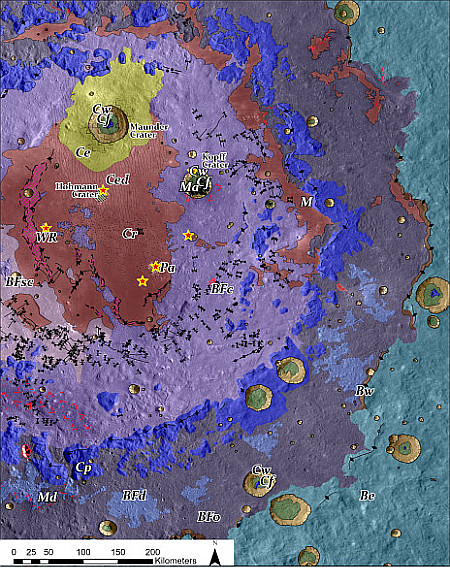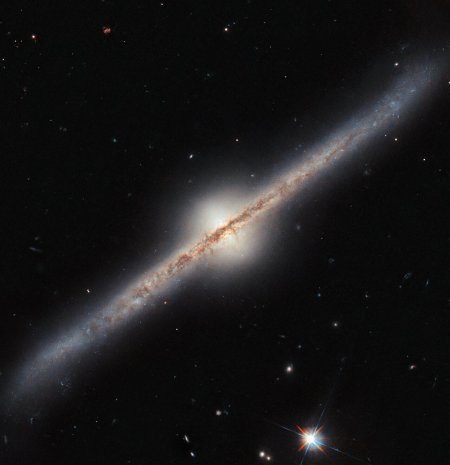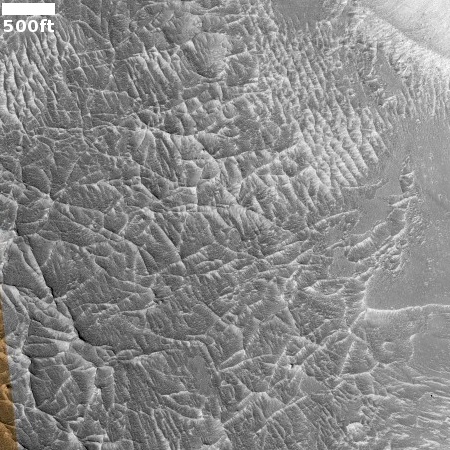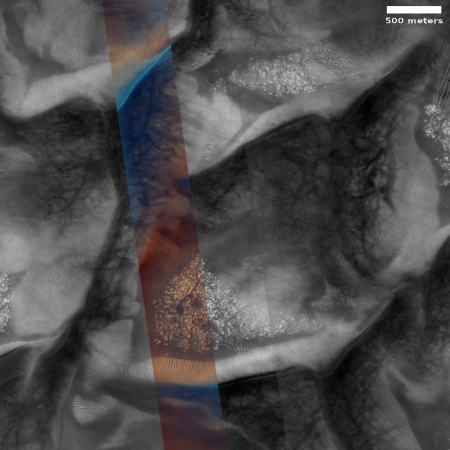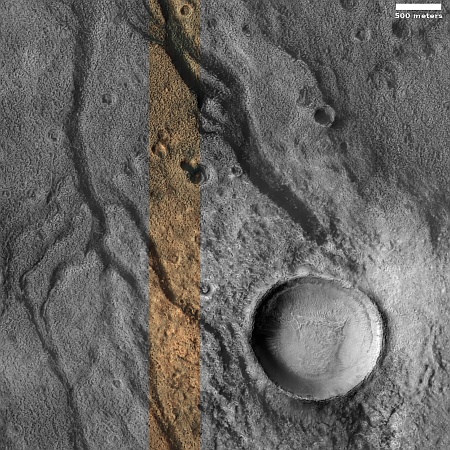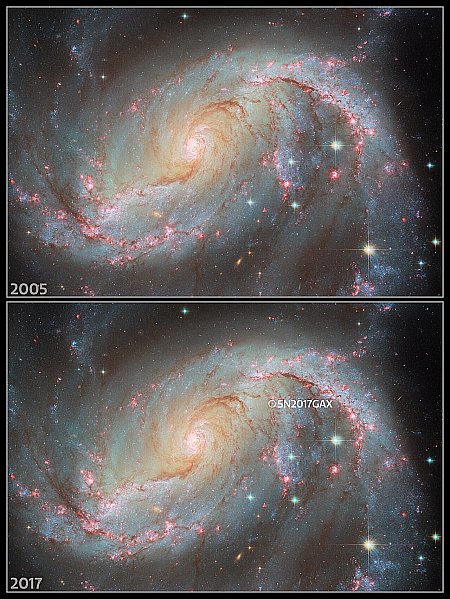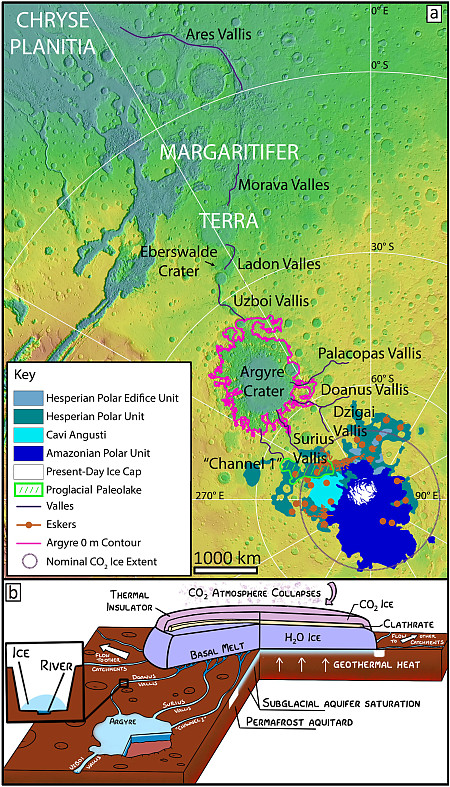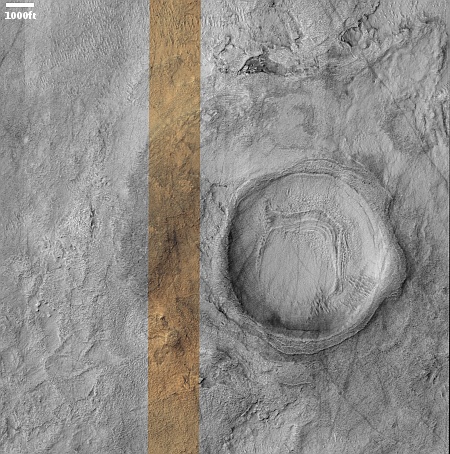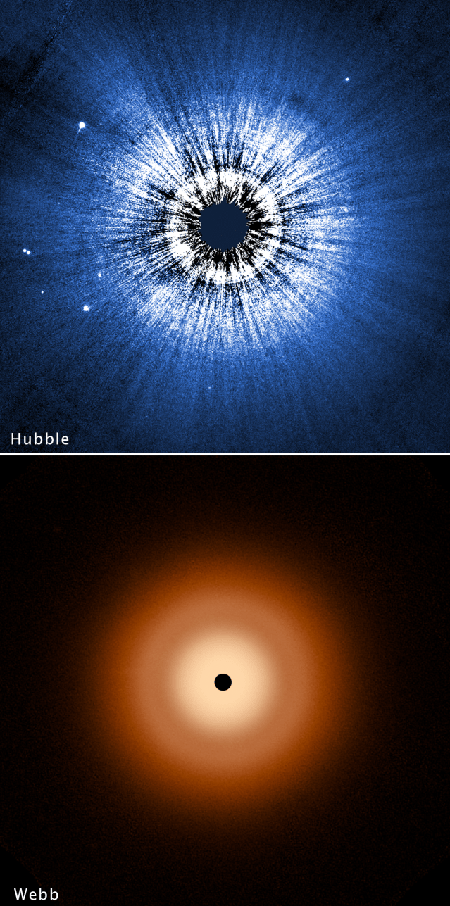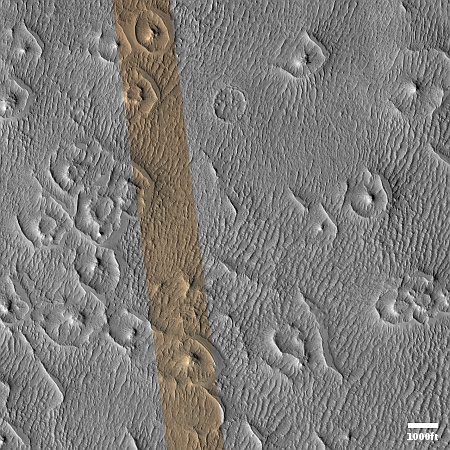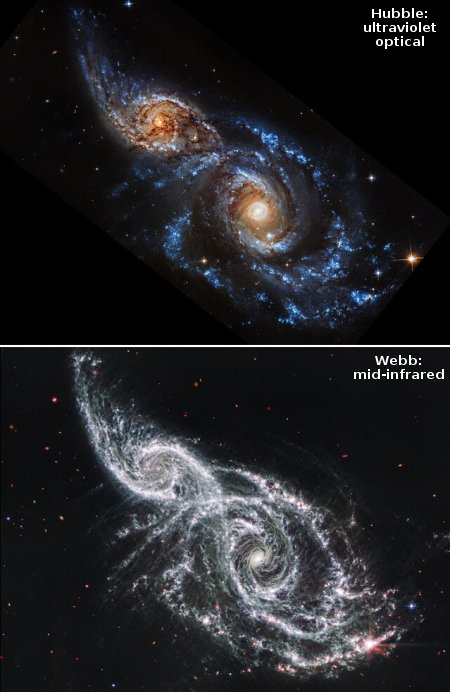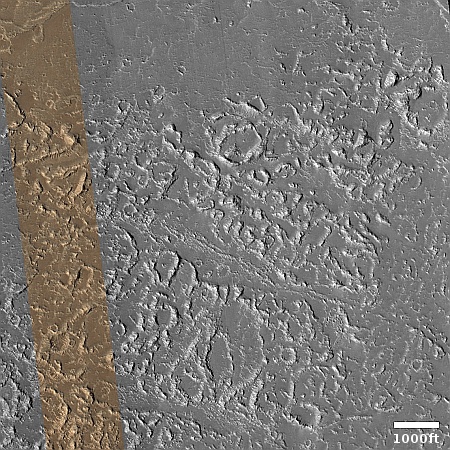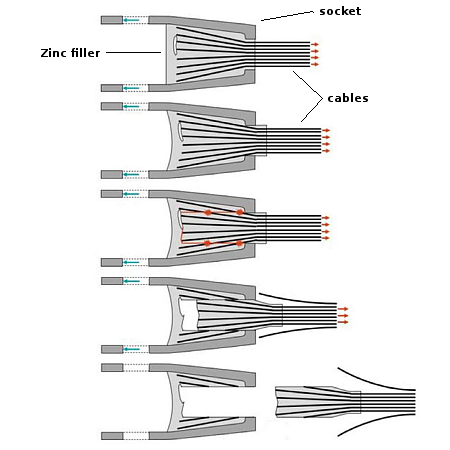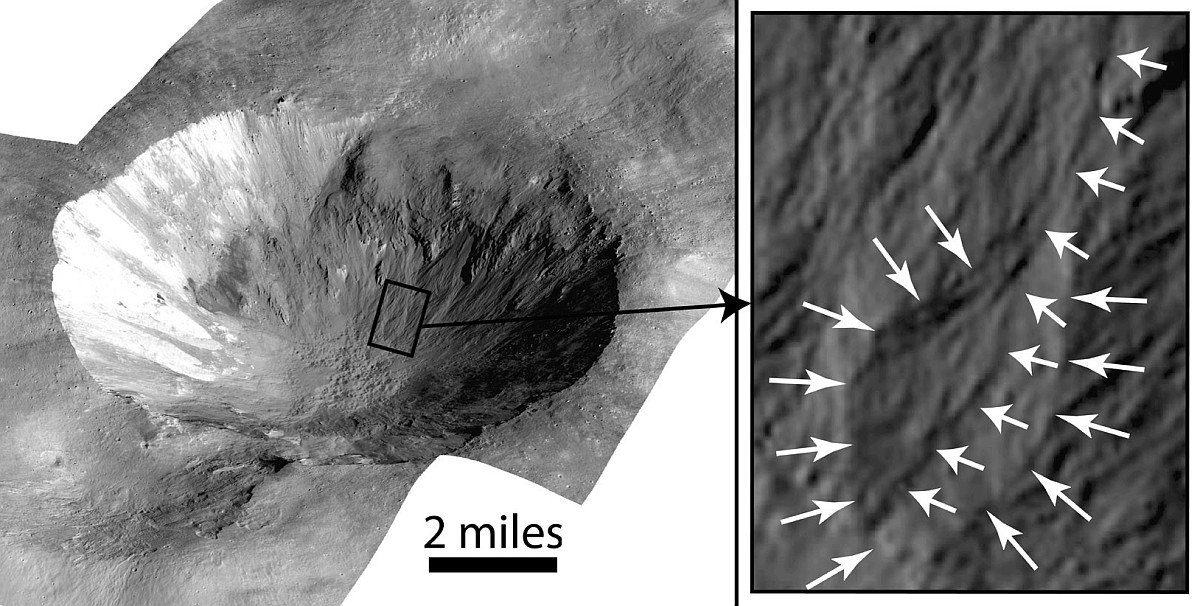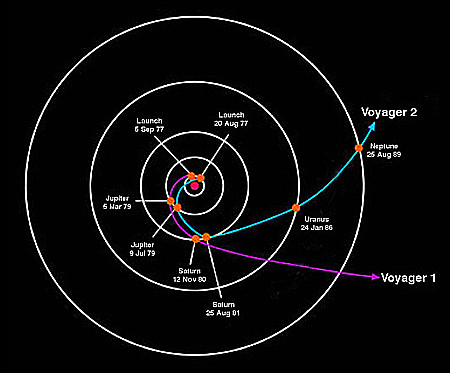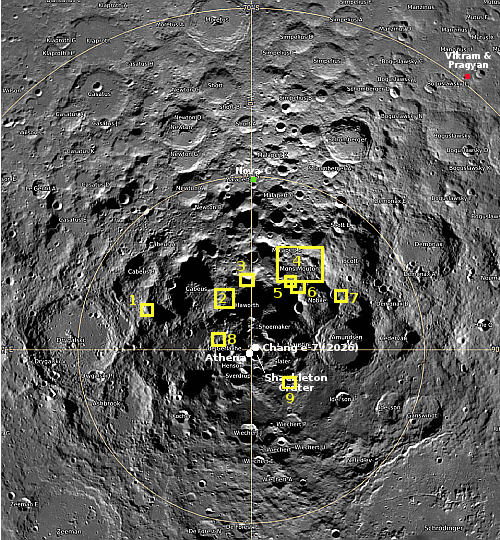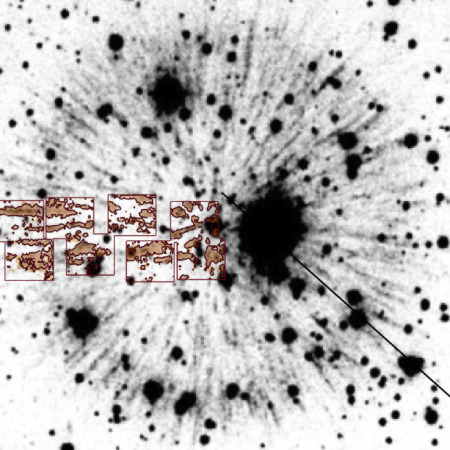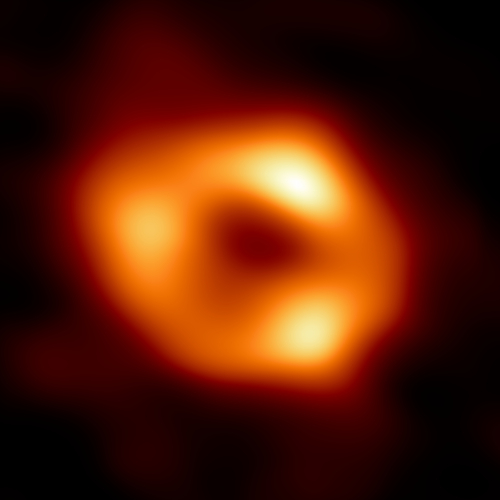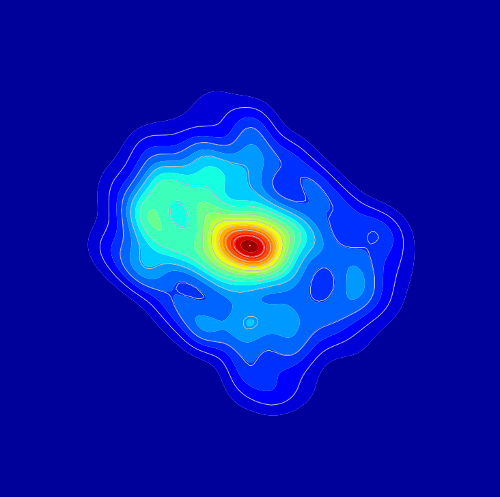ESA and JAXA sign agreement to increase cooperation and accelerate development of Ramses mission to Apophis
The new colonial movement: The European Space Agency (ESA) and Japan’s own space agency JAXA on November 20, 2024 signed a new cooperative agreement to increase their joint work on several missions, the most important of which is the proposed Ramses mission to the potentially dangerous asteroid Apophis during its 2029 close fly-by of Earth.
Two agencies agreed to accelerate to study potential cooperation for ESA’s Rapid Apophis Mission for Space Safety (RAMSES) which aims to explore the asteroid Apophis that will pass close to our planet on 13 April 2029, including but not limited to provision of thermal infrared imager and solar array wings as well as possible launch opportunities.
The two countries are already working together on two different planetary missions, the BepiColombo mission to Mercury and the Hera mission to the asteroid Dymorphos. Both are on their way to their targets. This new agreement solidifies the commitment of both to make sure Ramses is funded, built, and launched in the relatively short time left before that 2029 Earth fly-by. At the moment the ESA has still not officially funded it fully.
The new colonial movement: The European Space Agency (ESA) and Japan’s own space agency JAXA on November 20, 2024 signed a new cooperative agreement to increase their joint work on several missions, the most important of which is the proposed Ramses mission to the potentially dangerous asteroid Apophis during its 2029 close fly-by of Earth.
Two agencies agreed to accelerate to study potential cooperation for ESA’s Rapid Apophis Mission for Space Safety (RAMSES) which aims to explore the asteroid Apophis that will pass close to our planet on 13 April 2029, including but not limited to provision of thermal infrared imager and solar array wings as well as possible launch opportunities.
The two countries are already working together on two different planetary missions, the BepiColombo mission to Mercury and the Hera mission to the asteroid Dymorphos. Both are on their way to their targets. This new agreement solidifies the commitment of both to make sure Ramses is funded, built, and launched in the relatively short time left before that 2029 Earth fly-by. At the moment the ESA has still not officially funded it fully.

